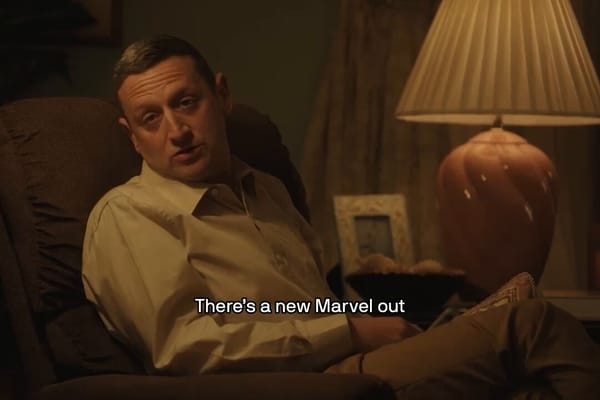The Activist Canon: Two Days, One Night and the political interpersonal
A large part of organising is just having yarns with your colleagues

This is the second entry in my ongoing series on films about organising and what lessons they can teach us about activism. I do not claim to have any kind of expertise when it comes to organising but to the extent that I am involved, I have found films like these help me to reflect on the landscape.
Last time I wrote about Patu!, the best film ever made in Aotearoa so check that out if you missed it.
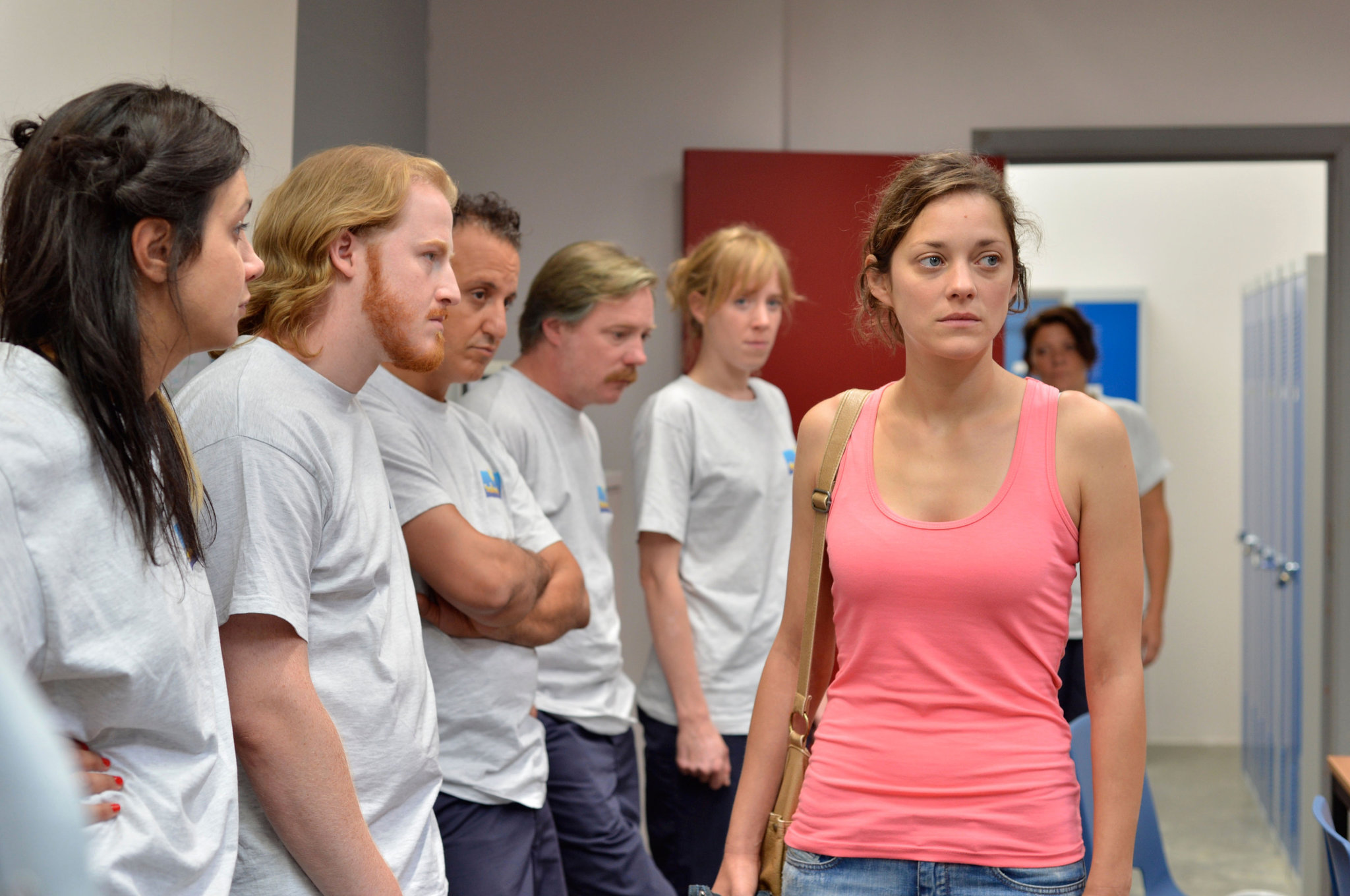
Unions in Cinema
When I think about my own (humble) experience organising, I am mostly looking at the years I spent as a workplace union delegate. For many of us, the union is the primary vehicle through which we engage with political action, whether that’s as a delegate, an organiser or a member. There’s so many great films about the union movement: Harlan County USA, Pride, Sorry to Bother You, Heaven’s Gate, Adalen ‘31, etc. Any one of these would all be worthy subjects for a future piece in this series.
For me though, organising in the workplace was always a bit more mundane than the high-stakes drama of these movies. In fact, the film that made me feel ‘seen’ as a delegate more than any other is one that doesn’t feature a union at all.
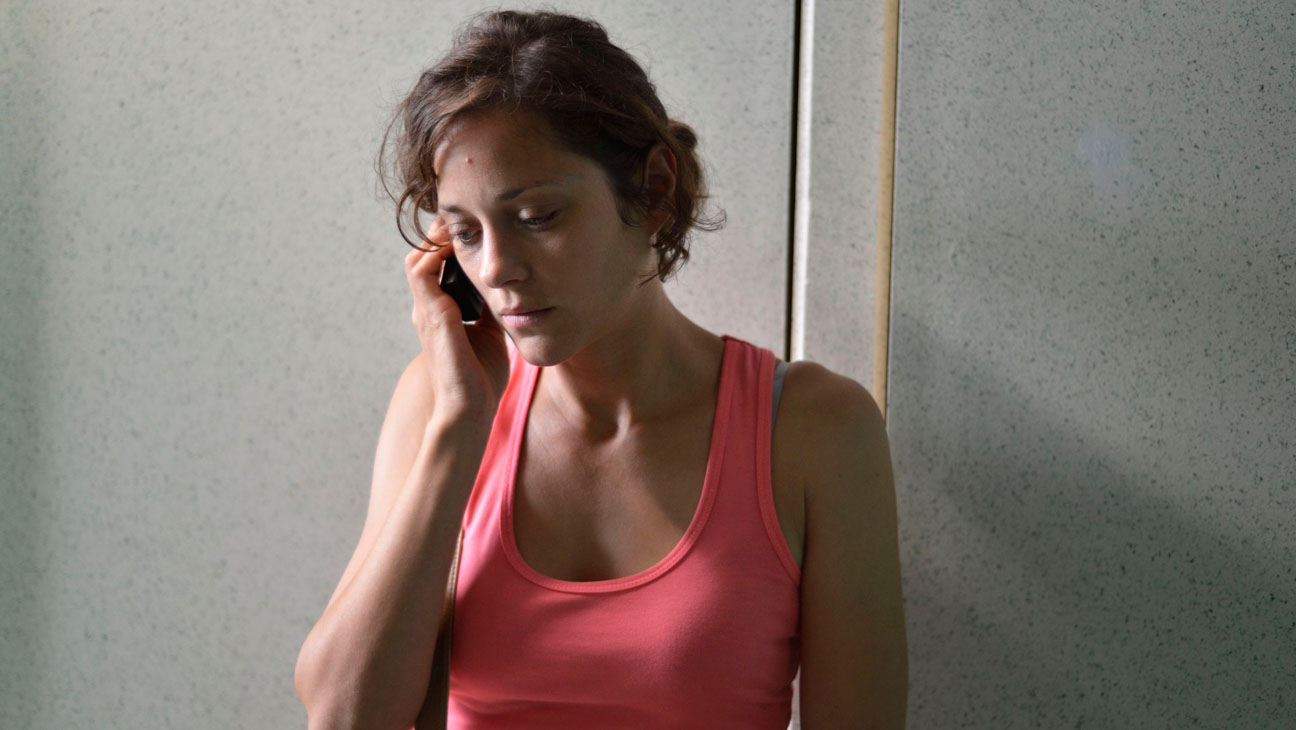
“Would you agree to me staying on?”
The Dardenne Brothers’ Two Days, One Night (check it out on AroVision) stars Marion Cotillard as Sandra, a factory worker in Seraing, Belgium who learns that her boss has contrived a situation to force her out of her job. After returning from sick-leave for depression, she discovers that her colleagues (who had been covering in her absence) have each been offered a €1,000 bonus in return for voting to disestablish her position. The film unfolds over the course of the titular weekend during which Sandra approaches her colleagues one-by-one asking each to change their vote when they return on Monday.
Cotillard’s strongest performances often see her asserting herself in spite of a vulnerable onscreen persona1 and this film is her at her best. Sandra is raising two young children with her similarly precariously-employed husband while enduring a debilitating chronic illness and hostile employer. Even with everything stacked against her, she resolves to approach one person after another, asking them to consider her humanity: “would you agree to me staying on?”
The very act of maintaining her dignity in the face of potential humiliation starts to feel like a workout: emotional labour as physical labour. Wearing a singlet in every scene, Sandra seems to be dressed for a marathon. She carries a drink bottle throughout the film and is often panting from exhaustion after each interaction. Cotillard appears tiny in the frame but her vulnerability never reads as frailty. In her giant eyes we can see the intense determination of someone who is down but not out. It’s a testament to her performance that someone with such striking movie star looks does not feel out of place among a cast of normal looking people.
For as captivating as Cotillard is, the real miracle of the Dardennes’ approach is how it treats these colleagues. Every person Sandra talks to has their own reasons for wanting to take the bonus. One colleague has been supporting his unemployed wife and college-age daughter. Another is trying to get back on her feet after a break-up. Sandra turns up to see them in their poor-quality housing and second jobs they’ve had to take up to supplement their income. Some agree to change their vote, some don’t. Most are sympathetic to her plight but one is actively hostile. Sandra has to engage with each of these people where they’re at (physically and emotionally).
In an ideal world, these workers would recognise the interests they have in common with each other against the bosses. The very idea that a employer should make someone choose between their own interests and their colleague’s is absurd. They’ve been presented with a false dichotomy to conceal the fact that the whole situation was formulated to force a depressed woman out of her job. But this absurdity is par for the course in real-world people management. So much of workplace organising involves butting up against artificial scarcity where completely self-imposed restrictions on budgets serve as a pretext to pit workers against one another2.
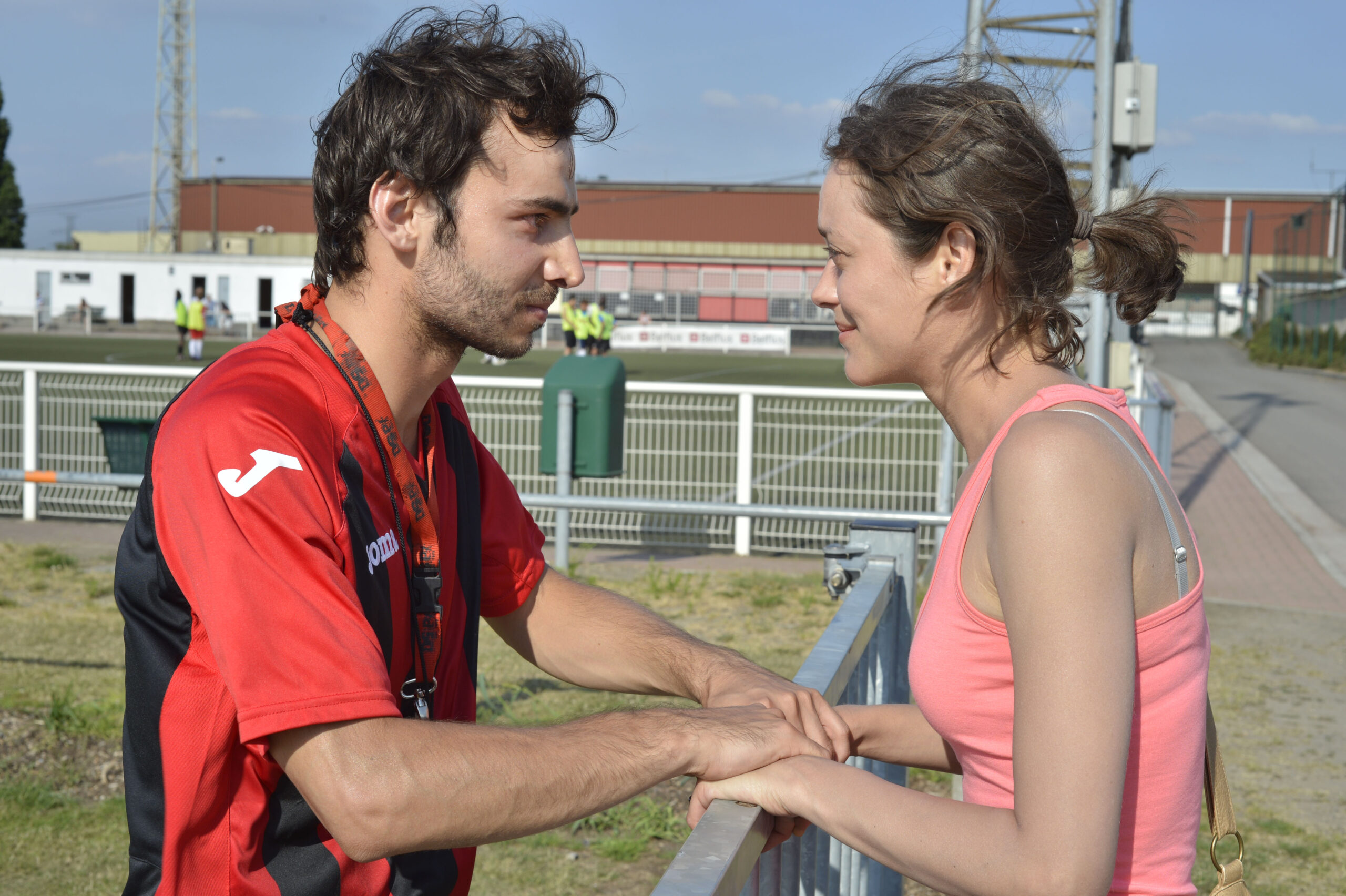
The (inter)personal is political
The slogan, “the personal is political” refers to the way that so much of our personal lives are directly influenced by structural oppressions. Originating in second-wave feminism3, this truism (like so many of the 20th Century’s lessons), has curdled into an individualist mantra through exposure to neoliberalism. Its misuse can be seen in the ‘consumption as praxis’ politics of the 2010s and the way concepts like ‘self care’ are used to justify decisions that hurt others. But even if it’s naive to see every personal act as some sort of step towards liberation, we shouldn’t lose sight of the really tangible relationship between personal actions and political change, especially when those actions are specifically interpersonal.
For all its localised drama, the events in Two Days, One Night unfold downstream from some pretty significant political forces. Sandra is victimised by capitalism, by the patriarchy, by a society that makes people depressed and then discriminates against them for being depressed. Some of her colleagues are multiply oppressed by abusive home lives, exploitative contracts or precarious migration status. Even if their workplace isn’t unionised, Sandra’s appeal to her colleagues that they find a way of working together is some pretty impressive delegate work.
Some of the biggest wins I had as a delegate came out of one-on-one conversations with colleagues. At one workplace I would regularly take people out for coffee and show them a Powerpoint that I had personalised to appeal to their motivations4. Just like Sandra, I presented them with a straightforward question. In my case it was: “will you join the union?”
Long after recruitment, a good delegate needs to keep being there to support its members5. It’s easy to overlook the hard emotional labour involved in providing this support but this is often the hardest part of the job. One of the most confronting things for a new delegate is just getting used to the discomfort of having a colleague burst into tears around them.
As a delegate, you are required to be there for people going through some of the worst things they will ever have to face: bullying, harrassment and being unfairly targeted by an employer. Sometimes you have recourse to right the wrongs but in a situation where the boss often holds all the cards, there is no guarantee of a formal victory. Whatever the outcome, it is imperative that you meet your comrade where they’re at and provide a level of emotional support. This means letting them know that you believe them, what they experienced is not OK and that the union will support them in as much as it is able to.
There’s nothing glamourous about having these kinds of conversations especially when they need to keep happening. It’s emotionally exhausting to put yourself in a position where you keep being confronted with the ugliest side of your own workplace. But it’s as much a part of union work as the sexier stuff like bargaining and picket lines. Anyone who wants to make a positive difference in the world should get used to having difficult, emotionally charged conversations with the people alongside whom you want to build power.
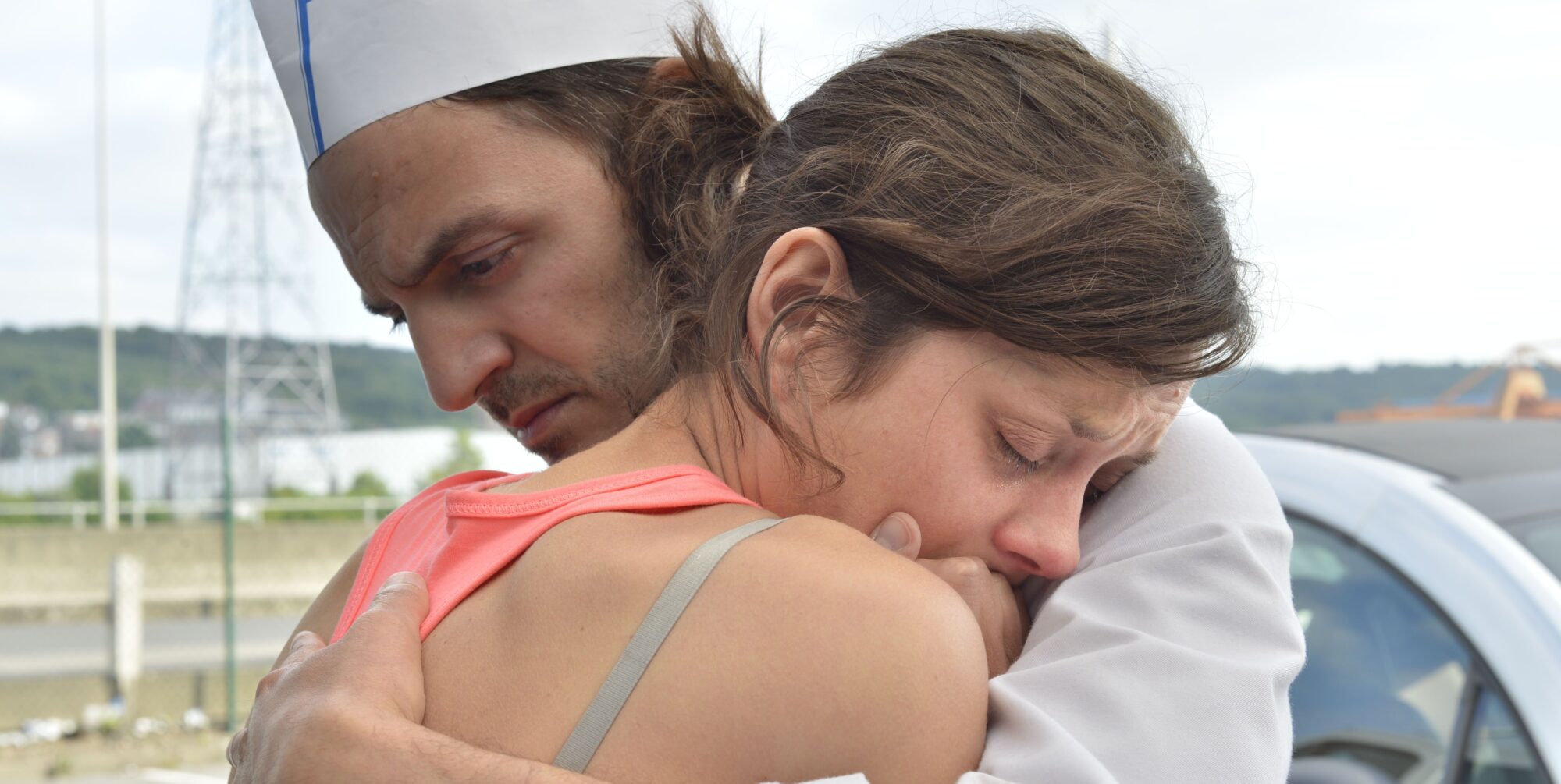
For me, there is no better depiction of this side of organising than Two Days, One Night.
Johnny’s Substack is a reader-supported publication. To receive new posts and support my work, consider becoming a free or paid subscriber.
I will never forget Cotillard’s electric performance in Michael Mann’s Public Enemies where she managed to make an indelible impression in the face of limited screentime, boring co-stars and hideous digital photography. ↩
For a public sector example, see any of the baseline savings exercises conducted around recent budget rounds. ↩
One of the earliest instances of the term comes from the title of a Carol Hanisch essay in which she pointedly concludes “There are no personal solutions at this time. There is only collective action for a collective solution.” ↩
One of my favourites involved a colleague whose parents were family friends so I included a slide with a photo of my mum on the phone looking stern, ready to give her friend a talking to if this colleague didn’t join the union. ↩
and to model that support for non-members who may be thinking of joining ↩
